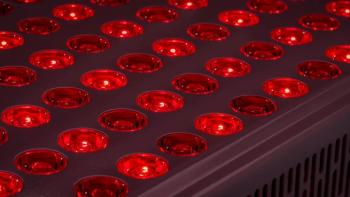
Long COVID plays role in severe and selective neuropsychological impairments
Self-reported survey data “showed that a majority reported reductions in visual recognition and navigation abilities,” the researchers reported.
Marie-LuiseKieseler and Brad Duchaine, PhD students from Dartmouth College, Hanover, NH, reported that
They described the case of a 28-year-old woman, Annie, who had normal face recognition, ie, prosopagnosia, before she developed COVID-19 in March 2020. Two months later, she noticed that she was having difficulties recognizing faces when her COVID-19 symptoms relapsed. The problems with face recognition have persisted.
Kieseler and Duchaine assessed Annie’s abilities to recognize faces using 4 tests: a famous faces test and a Doppelganger test to assess her long-term face identity recognition abilities, and 2 tests of unfamiliar face identity recognition; her navigational skills were also markedly impaired after she developed COVID-19. They reported that she performed poorly on all 4 tests. However, she performed normally on tests of face detection, face identity perception, object recognition, scene recognition, and non-visual memory.
Survey data that was self-reported by 54 individuals who responded to the survey “showed that a majority reported reductions in visual recognition and navigation abilities,” the researchers reported.
In Annie’s case, she resumed working from home in April 2020. However, she could not recognize her father when she saw him again after she recovered from her illness and she could not differentiate him from her uncle.
“My dad’s voice came out of a stranger’s face,” she said.
She also reported that she experienced problems getting around a grocery store and identifying her car in the lot.
The researchers summarized, “Annie's results indicate that COVID-19 can produce severe and selective neuropsychological impairment similar to deficits seen following brain damage, and it appears that high-level visual impairments are not uncommon in people with long COVID."
Reference
1. Kieseler M-L, Duchaine B. Persistent prosopagnosia following COVID-19. Cortex. 2023; Published online March 9, 2023; https://doi.org/10.1016/j.cortex.2023.01.012 Get rights and content
Newsletter
Want more insights like this? Subscribe to Optometry Times and get clinical pearls and practice tips delivered straight to your inbox.





























